Prof. Dr. Andreas Stoffers at the University of Applied Sciences in Economics and Management (FOM) affirmed that Vietnam can confidently step into the era of self-improvement.
 |
| Professor Andreas Stoffers likened Vietnam to one of the fastest growing countries in terms of economic freedom. (Photo created by Chat GPT) |
With the achievements that have been made, how do you predict Vietnam's economic development in the coming years? What should we pay attention to, sir?
Vietnam’s economy will continue to grow positively. Policy makers are determined to accelerate institutional reforms and streamline the administrative apparatus to improve efficiency and effectiveness, focusing on removing obstacles, enhancing growth, and promoting trade and foreign investment.
However, from my perspective, there are still challenges, mainly in the form of external risks that will come to Vietnam. For example, the growing conflicts in Ukraine and the Middle East, economic recession in leading economies (such as Germany) and the risk of imported inflation due to excessive expansionary fiscal and monetary policies in some countries.
Clearly, after nearly 40 years of renovation, Vietnam must continue to strongly take the next steps. Although Vietnam's socio-economic situation is developing well, we cannot "turn a blind eye" to the problems and challenges that still exist in the country.
As a former banker, I am thinking particularly about the bond and stock markets. The S-shaped country needs to create greater transparency and improve regulations in the bond and stock markets. This is currently in its infancy.
| The financial center in Ho Chi Minh City is one of Vietnam's key projects on the way to becoming an industrialized country by 2045. |
In addition, Vietnam may still fall into the middle-income country trap.
There are many things the country can do, but I want to emphasize one issue, which is the establishment of green finance in Vietnam and the construction of a financial center in Ho Chi Minh City in the future.
I consider this one of Vietnam's key projects on the way to becoming an industrialized country by 2045. An industrialized country not only needs a manufacturing base and an excellenteducation system, but also a financial base from forming a financial center.
A financial hub in Ho Chi Minh City will have many positive impacts on the rest of the economy, especially if the country moves towards modern, digital and green financial instruments.
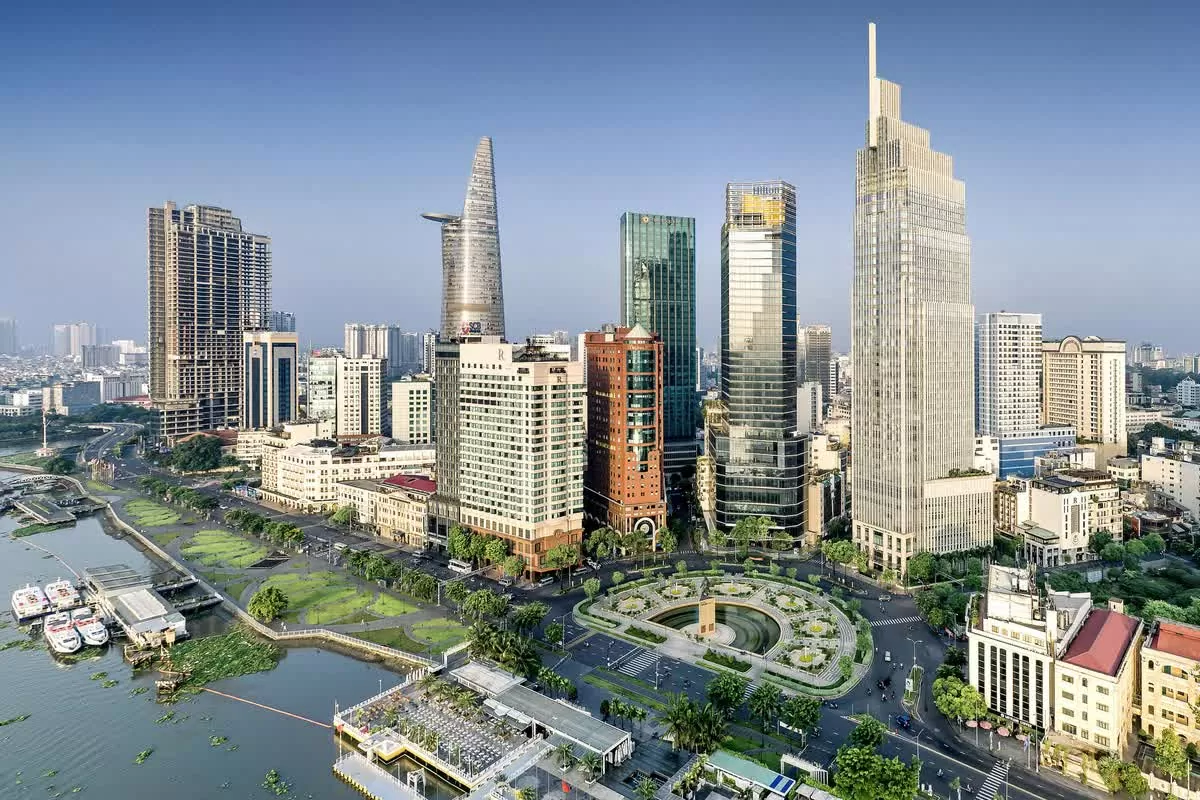 |
| The financial center in Ho Chi Minh City will have many positive impacts on the rest of the economy. (Photo: Van Trung) |
Speaking more about the financial center in Ho Chi Minh City, do you have any recommendations ?
I have some recommendations as follows:
First , strengthen activities to create a financial center in Ho Chi Minh City by providing abundant financial resources and decision-making power.
Second, establish national regulations on green classification in line with existing industry standards and global practices.
Third, develop policies to promote the carbon market and accelerate the official implementation of the carbon credit trading platform in Vietnam.
| Obviously, after nearly 40 years of innovation, Vietnam must continue to strongly take the next steps. |
Fourth, facilitate coordination between the Ministry of Natural Resources and Environment and other relevant agencies to develop and implement environmental criteria in green credit granting.
Fifth, maintain the State Bank's commitment to credit policies supporting green growth in the banking sector.
Vietnam must take a step forward in green finance and green technology. In this context, the application of environmental, social and governance (ESG) is very important for Vietnamese banks to access international green capital for businesses.
 |
| To develop the economy, an excellent education system is needed. Vietnam needs to encourage and promote education for the young generation - the future of the country. (Photo: Phi Khanh) |
In many conversations with the press, you often mention the socio - economic development of Poland, when comparing it with Vietnam. Looking at the world, besides Poland, is there any country whose development has similarities with Vietnam, sir? From that comparison, how do you think Vietnam will develop in the coming period?
Yes, let me share more about Poland - a country that has made the greatest progress in liberalization, economy and rise in recent decades. These comments were made by the Heritage Foundation (USA) in its annual report.
Of course, there are countries with more advanced economies than Vietnam and Poland. However, the white eagle (Poland) and the dragon (Vietnam) are the fastest growing countries in terms of economic freedom.
Regarding “bamboo diplomacy”, I would like to mention our neighbor Thailand as an example. This country has maintained its independence for centuries, despite threats, thanks to its opening to the West and reforms. Thailand also tries to maintain a diplomatic balance between all the world’s superpowers.
The Land of Golden Pagodas has enjoyed economic development thanks to its relatively stable politics and good relations with other countries in the world.
In this regard, Vietnam's "bamboo diplomacy" is a great "asset" for the country. Personally, I think that if Vietnam continues on the path of economic openness and "bamboo diplomacy", it can achieve great success. Peace and economic cooperation are prerequisites for the country to develop in the future.
Vietnam aims to become a developed country by 2045, bringing the country into a new era, an era of national growth. What are the solutions for Vietnam to grow strongly in the new era, sir?
Vietnam is in a very good position to become a developed country, but there are still exogenous factors that can disrupt this development. Such as political conflicts in the world, economic tensions between the US and China or the heavy debt of Western economies...
| With the "assets" accumulated during the renovation period up to now, Vietnam can confidently step into the era of self-development. |
In addition, Vietnam may still fall into the middle-income trap.
In the future, I think it is very important to continue to stick to the strength of the market economy, maintain openness to foreign investors and further expand integration into international trade. Deeper integration into ASEAN or signing more FTAs are good suggestions for Vietnam.
The revolution of streamlining the administrative apparatus is also something the country needs to be determined to carry out in order to make the next steps forward. In addition, Vietnam can take advantage of the enormous resources of the overseas Vietnamese community to act as a bridge with the country.
In the field of industrial development, the country must focus on promising industries. In my opinion, areas such as green technology or a leap forward in the financial sector are needed.
Finally, in my opinion, economic development requires an excellent education system. This applies to all areas of education from vocational training to university education. Vietnam has excellent universities. However, the differences between universities are still too large.
In this regard, the country can cooperate with foreign partners to change the situation. In addition to “lighthouse” projects such as the Vietnam-Germany University in Thoi Hoa Ward, Ben Cat Town, Binh Duong Province, Vietnam needs to attract private universities as partners and investors. Germany - my homeland, which has an excellent education system - could be a potential partner. A well-educated population is a huge plus for a country’s economic development.
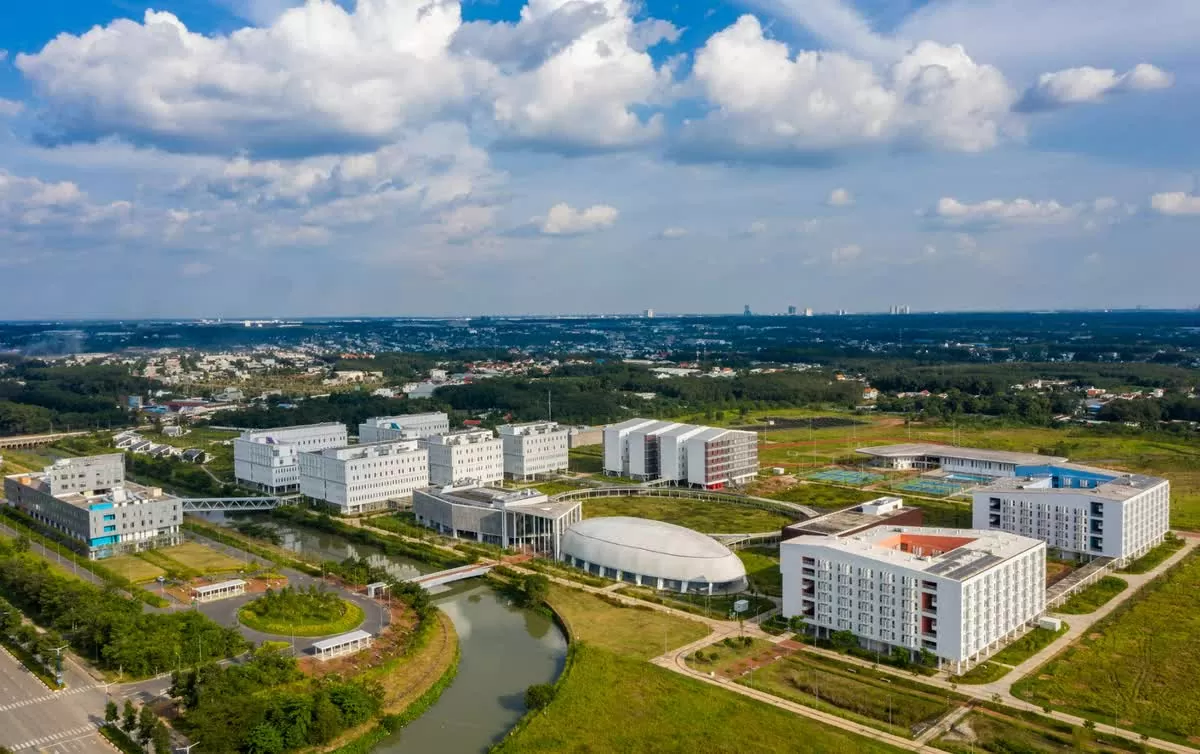 |
| View of the Vietnam-Germany University in Thoi Hoa ward, Ben Cat town, Binh Duong province. (Photo: Ba Son) |
What are your messages to Vietnam in the era of growth?
With the "assets" accumulated during the renovation period up to now, Vietnam can confidently step into the era of self-development.
In the context of many socio-economic changes, Vietnam should retain its unique culture. In addition, there should be a system to attract foreign talents who are willing to work and contribute to Vietnam. The country can increase opportunities for experts to apply for Vietnamese citizenship.
In addition, Vietnam needs to encourage and promote education for the young generation - the future of the country. My 9-year-old son is a Vietnamese citizen. My mission is to educate him so that in the future, he can contribute significantly to the development of Vietnam - just like I am doing with my second homeland!
Thank you!
Readers are invited to read part I here.
Source: https://baoquocte.vn/kinh-te-viet-nam-trong-ky-nguyen-vuon-minh-ky-ii-gom-gop-du-tai-san-lon-tu-tin-vuon-minh-301633.html








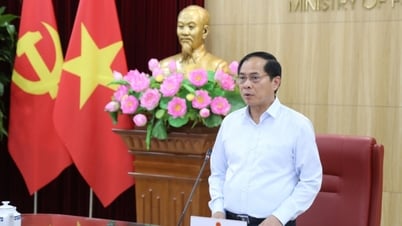











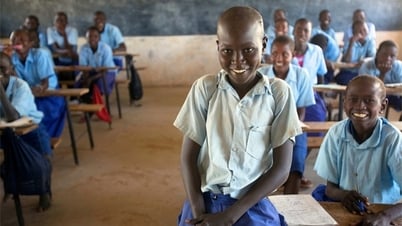
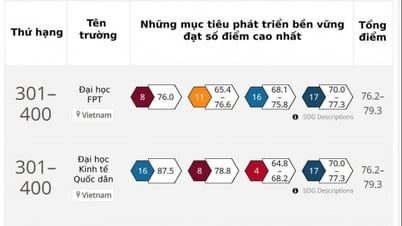

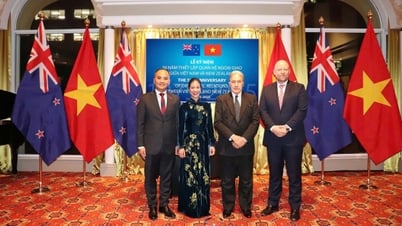
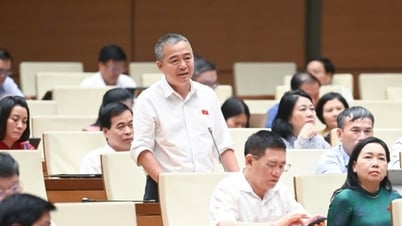


















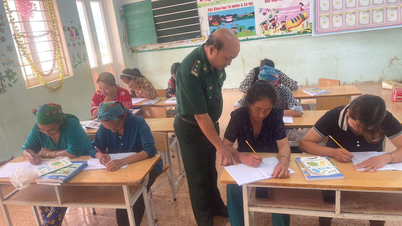







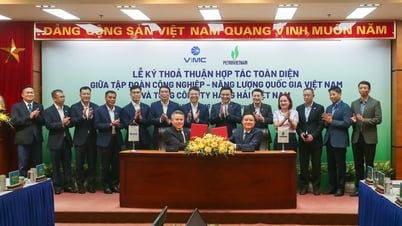



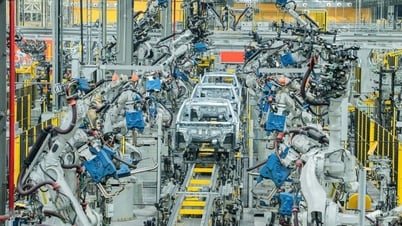



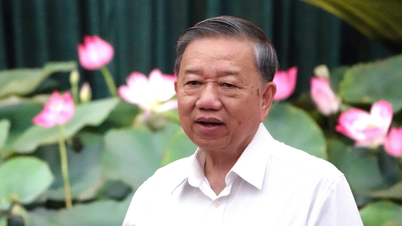




















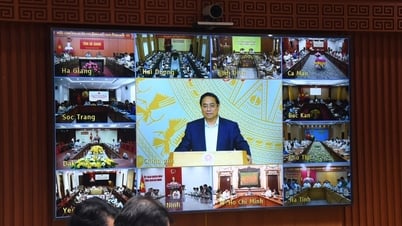














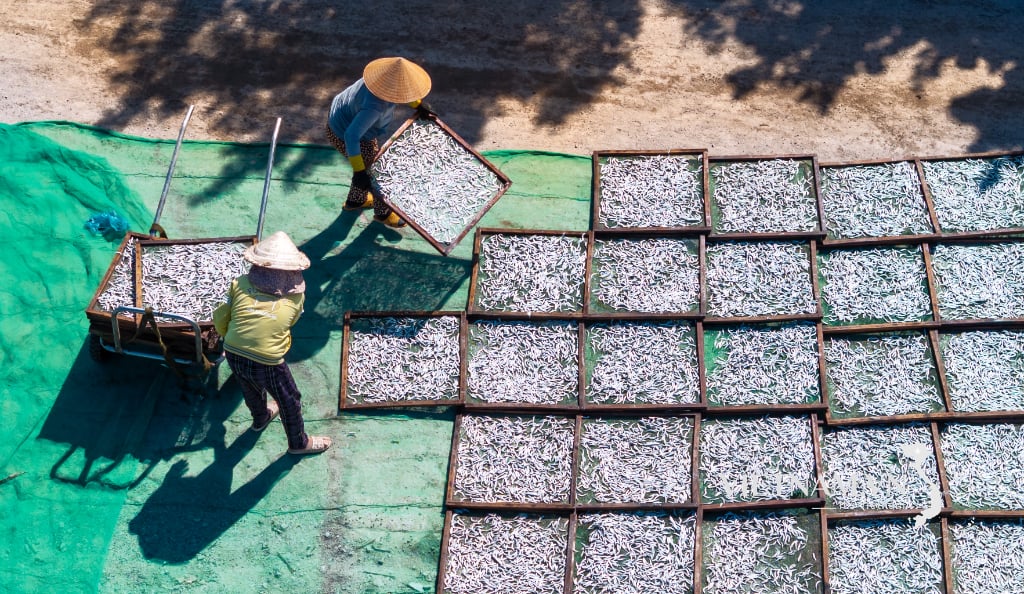


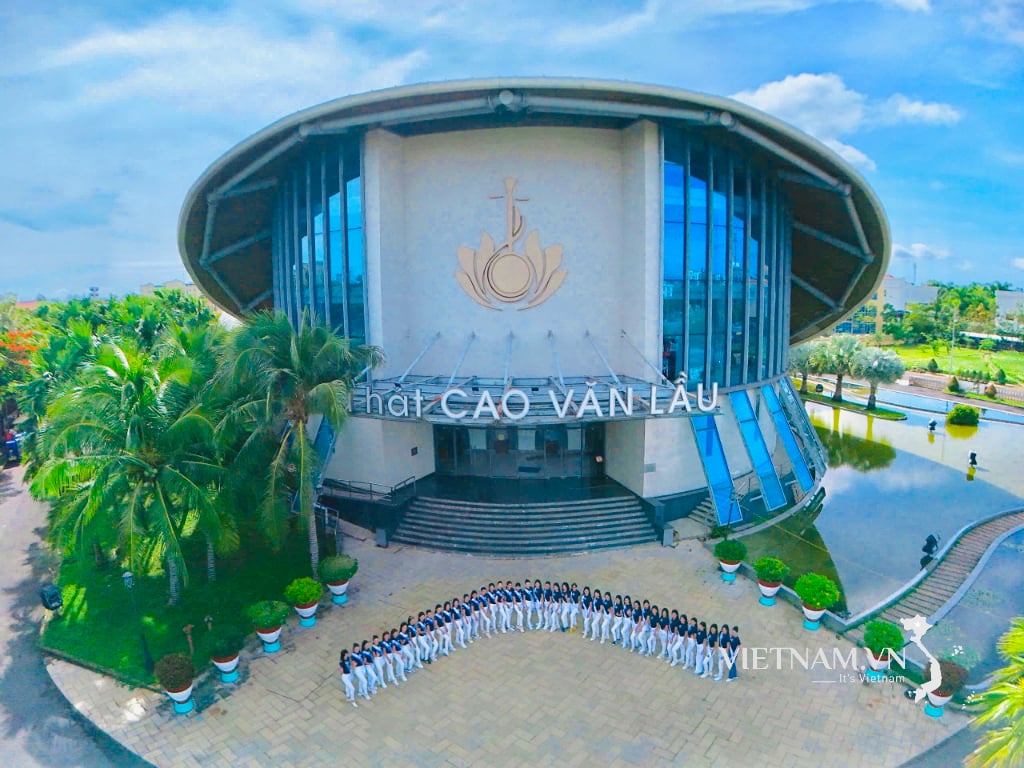
Comment (0)